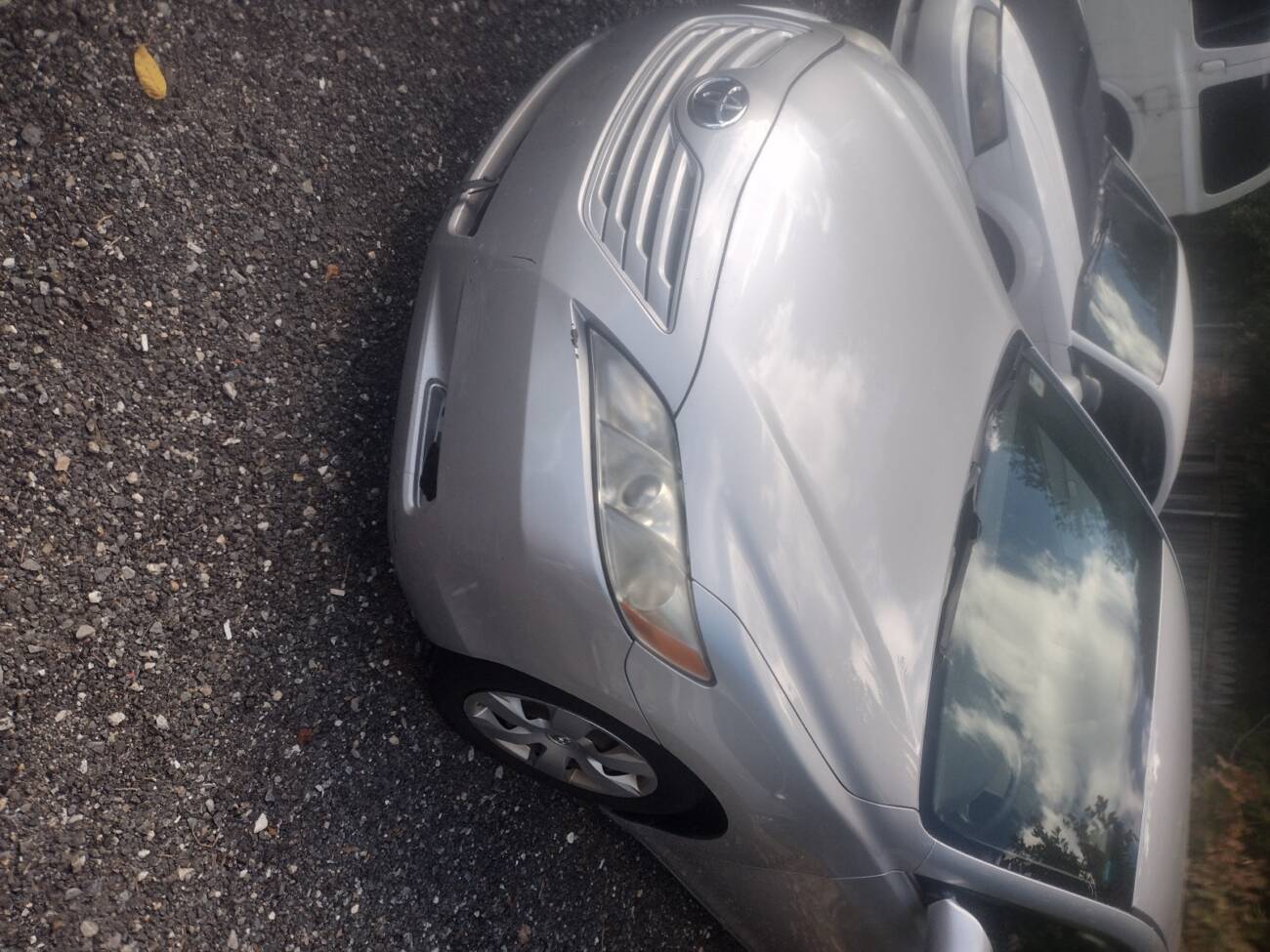Every car has a life cycle. From the excitement of the first ignition to a final meltdown that no amount of repairs can ever hope to fix, a car very soon reaches a state in which it ceases to be practical. So, if you have one of these aging machines sitting in your driveway or garage, it is time to let it go. Disposing of junk cars is not just about clearing the space for something else; it is about doing it legally, responsibly, and efficiently.
1. Determine If Your Car Is Truly Junk
Before disposing of a vehicle, always confirm if it is really beyond repair. If it will cost more to repair than what it would be worth after repairs, then it’s time to actually call it a junk car. Get an honest evaluation from a reliable mechanic. In many cases, cars are judged as junk not only for their age but also because of serious accidents, engine failures, or rust problems.
2. Gather the Necessary Paperwork
Disposal of these cars generally begins with the paperwork. A title for the vehicle should be with you. This is ownership proof, which you can legally transfer. What becomes really tricky is when one wants to dispose of a junk car without title because a few states will accept road registration documents, or a bill of sale to prove ownership. Some might require you to fill out an affidavit, while others will want you to get a duplicate title from your local DMV.
3. Remove Personal Belongings and Plates
You’ll be surprised at how much personal stuff accumulates inside a car over the years. Check under the seats, inside the glove compartments, behind the sun visors, and in the trunk. Remove all important documents, gadgets, chargers, or anything else of value. Also, consider removing the license plates, which, depending on your state, must be returned to the DMV or can be transferred to another vehicle.
4. Cancel Insurance and Registration
Cancel the insurance coverage of the vehicle. This is usually overlooked, but it is ridiculous to pay for the insurance of a junk car. So, the next thing you want to do is to proceed with canceling the registration of the vehicle through the DMV website or office. This would cover you as far as liability for anything that could happen to the car in the future.
5. Decide How to Dispose of the Vehicle
Several legitimate and effective ways can be used to dispose of your car:
- Sell to a Junkyard: It is probably the fastest. Most junkyards will give cash for a junk car, even if it is not running. They usually weigh the car and pay you according to prevailing scrap metal prices.
- Use a Car Removal Service: Many services will pick up your vehicle, which is not operational, and will do all the disposal work. These will tow your car for free and will bring you the payment.
- Donate the Car: Some charities accept cars in almost any condition and grant a tax deduction in return. It’s a great prospect, you get rid of the car, and they get a good cause to support.
- Sell Its Parts Individually: If you know anything about cars, you could remove and sell working parts like the battery, alternator, tires, or stereo system before scrapping the shell. That takes time but pays better returns.
6. Get a Bill of Sale or Receipt
Always make sure that you receive proof of transfer of the matter if you are selling, donating, or scrapping it. This will serve as proof that the vehicle has been released from your ownership. This protects you from future liabilities. Usually, in most junkyards and removal services, this is given automatically. Suppose they don’t ask for one.
7. Think About Recycling
A car consists of many recyclable materials, steel, aluminium, glass, rubber, and fluids, and when properly disposed of, about 80% of these materials can be recycled. Therefore, working with licensed facilities is essential so that they strictly adhere to green practices. Clearing old junk reduces waste and conserves nature.
Common Mistakes to Avoid
- Not Verifying the Buyer: Only do business with reputable junkyards or car removal services. Avoid fast-cash deals that won’t give you any paper trail.
- Ignoring State Laws: Every state is different in terms of vehicle disposal procedures. So be sure to check and abide by the laws specific to your area.
- Forgetting to Notify the DMV: Even after the car gets disposed of, if you don’t officially notify your DMV, your name could still be attached to it.
Final Thoughts
The disposal of scrap cars may seem like a lot of trouble at the very beginning, but once you get to know the process, it becomes very easy. The trick is to do it legit, cover yourself with proper documentation, and have the car disposed of in an environmentally responsible way. Whether to earn a little cash for yourself, clear the mess of an idle vehicle, or just do the right thing, disposing of that car can turn out to be a big surprise.






